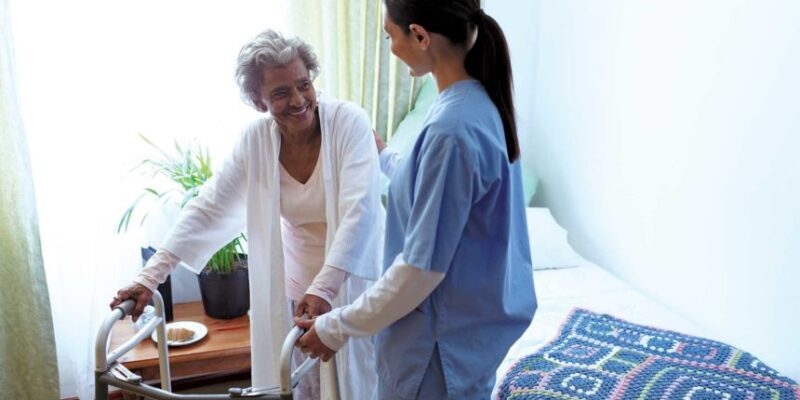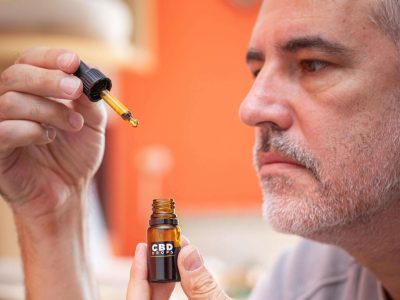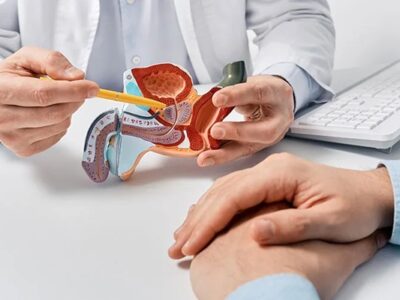Skilled nursing facilities must identify areas they should work on in the infection prevention plan. Together with long-term care facilities, SNFs need to know how to prevent the spread of germs and infections, prescribe antibiotics, and have a containment plan. In SNFs, the age of the residents makes a difference, with most of them being 65 years and older. Therefore, the facilities must maximize their chances of preventing and controlling infections. Control starts with protecting the staff and service users through powerful hygiene basics like hand washing and cleaning. Here is what should be done.
- Staff Training
Your SNF first needs to train its staff on infection prevention and control techniques. It is crucial for everyone in the facility to understand their role of staying hygienic and preventing the spreading of infections. Therefore, SNF consulting can help your staff understand the principles of basic hygiene and knowledge of how diseases spread. It also teaches them the need to wear protective gear when contacting body fluids or blood.
- Wearing Gloves
Another way of reducing the spread of infection is wearing gloves when handling residents. This prevents the hands from coming into contact with body fluids or blood that could be carrying a disease. However, hygiene procedures like washing hands before wearing gloves should be followed. Used gloves should be disposed of appropriately.
- Hand Washing
Most cases of infection spreading are due to a lack of washing hands after handling an infected patient. Most infections come from contaminated hands. Therefore, your staff should wash their hands often, even after using the toilet. Ensure you have hand washing systems with enough clean water and hand soap. Make hand washing a policy that everyone in the facility must follow.
- Proper Clinical Waste Disposal
All SNFs must have policies that dictate how hazardous clinical wastes should be disposed of. There should be a system of disposal to manage the risks of infections. Clinical and sharp wastes like blood, body fluids, surgical dressings, syringes, etc., must be appropriately handled and disposed of to prevent spreading of diseases and harm to the environment.
- Staff Health
You need to protect your staff from infection risks by having an effective system to manage their occupational needs. Ensure they access vaccinations so they are safe in an outbreak. They also need immunization against various diseases like the flu. Therefore, ensure they have adequate information about the vaccinations to help them make decisions.
- Laundry and Uniforms
It is crucial to ensure adequate laundry to remove dirt and infections from clothes and linen. Cleaning them helps stop the spread of infections from one person to another. The staff should also have uniforms that are cleaned daily. Teach your team not to wear long sleeves, neckties, fake nails, or excess jewelry when providing care.
- Proper Handling of Specimen
Nurses in care facilities might be required to obtain a specimen of urine, feces, or blood. Therefore, they must know how to handle the samples as they can contain potential infections properly. The specimens should be labeled and packed in sealed bags before they are stored in designated areas. The fridges used to store the samples must not be used to store food.
Wrapping Up:
These are simple but significant ways of preventing and controlling infections in skilled nurse facilities and home care austintown oh. The management must ensure the staff and residents are safe by creating strict hygiene policies and providing risk management systems. It is also vital to consult on infection prevention and control for SNFs.








Comments